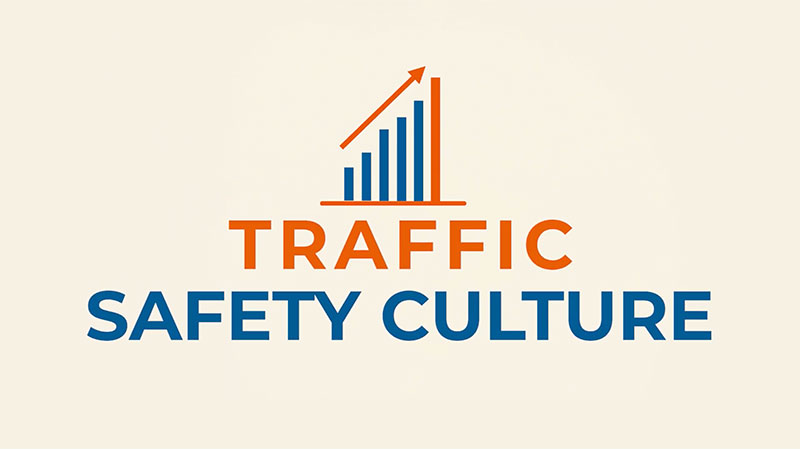Traffic Safety Culture Research Roadmap
NCHRP Research Report 1091 "Traffic Safety Culture Research Roadmap" presents a roadmap for promoting traffic safety culture (TSC) among state DOTs and other transportation safety agencies.
As states and localities adopt a vision of zero traffic fatalities, greater attention is being given to communication, collaboration, leveraging resources, and applying a systemic approach to traffic safety which requires a change in culture among road users and traffic safety agencies. This change in culture is tied to education, engineering, enforcement, and emergency services.
The roadmap outlined in this report includes 20 need statements covering a broad set of research needs, since agencies are at different stages of readiness for conducting TSC research. These need statements suggest projects that agencies can undertake to shape their own organizational cultures, align their goals with those of their communities, and contribute to national traffic safety objectives.
Supplemental to the report are NCHRP Web-Only Document 382 "Traffic Safety Culture: Conduct of Research Report", a communication briefing, a process management briefing, and a research briefing.
Who is NCHRP?
The National Cooperative Highway Research Program conducts research in problem areas that affect highway planning, design, construction, operation, and maintenance in the United States.
Administered under the Transportation Research Board (TRB), NCHRP is a collaborative effort between the Federal Highway Administration (FHWA) and the National Academy of Sciences.
Traffic Safety Culture
TSC is the complex interconnected system that supports safe and equitable transportation, including social norms that inform road user behaviors, attitudes, and beliefs, as well as organizational values different traffic safety agencies follow when designing the built environment and selecting projects to fund.


